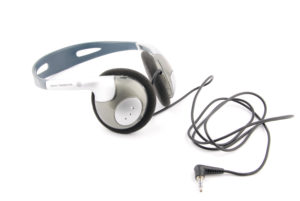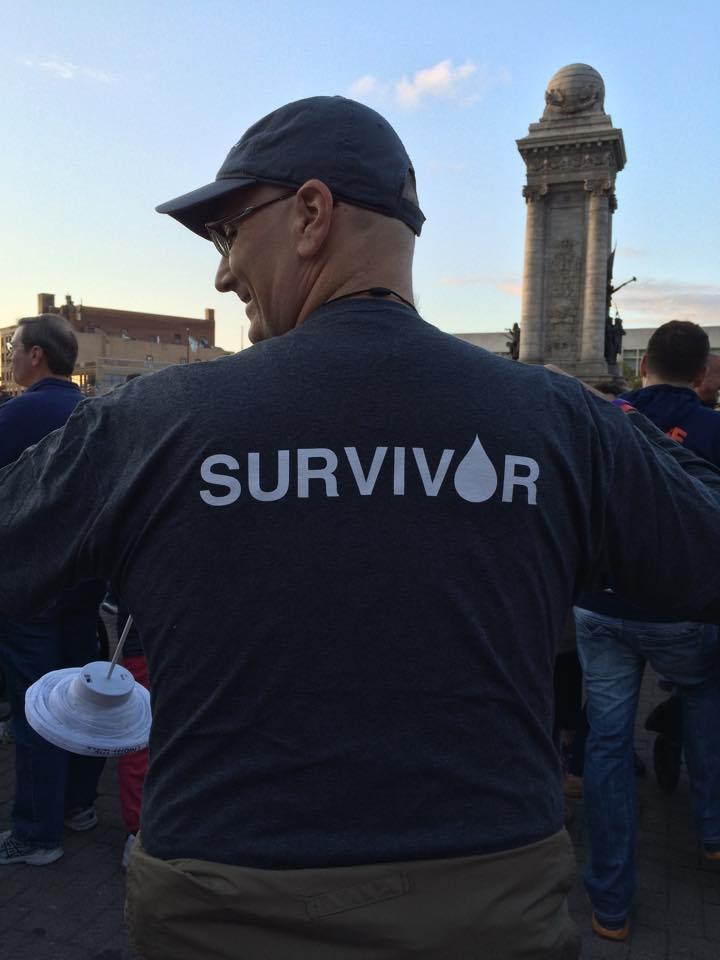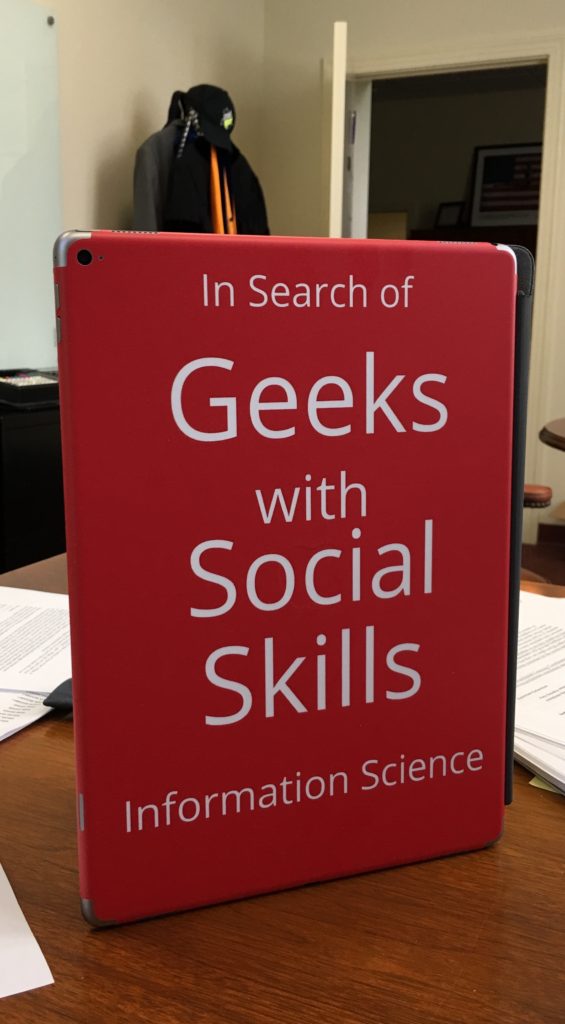I know many will wake up this morning after an election with strong feelings about the result. While some may embrace the results many will be disappointed or scared. This message is neither to console or celebrate. Rather this message is about the unique obligations of a knowledge school in light of this national election.
Over the past months, and certainly in the months ahead, there will be many of our information school colleagues that will study and write about the information angle of the election. Good scholarship will be done in looking through data, understanding the role of social media, and seeking to predict changes in the information policy landscape under a populist president.
Our colleagues in library schools will parse apart the results of local bond issues and document the role librarians played in political literacy. There will be those in libraries that will see the results of the election as a need to reinforce the classic role of libraries as objective dispensers of truth.
All of these works will be useful and will help us to better understand a new reality where polls and predictive models failed spectacularly. However, while we may do some of this kind of work, our role as a knowledge school is different. Our role is not simply to document the campaign. Our role is not simply to analyze the data generated by the candidates. Our role is to act.
Democracy is not about voting. Voting is a periodic decision: democracy is sustained conversation, oversight, and advocacy. The work of a citizen did not end yesterday; it began. For those who chose or opposed a candidate, there is now the vital work of holding those chosen to account. An election doesn’t change a constitution. An election doesn’t change demographics.
The role of a knowledge school, the role of you and me, is to reinforce the values and principles we hold dear and support the communities that make up our nation and the world. We cannot simply explore the racial makeup of the electorate without providing opportunity for all races. Our values of diversity in decision making and ensuring equity of opportunity for all religions, classes, and ideology must be put into action, not theses.
If this election has shown us anything it is not that our communities are facing too little information, it is that information alone is insufficient for informed action. The problems our communities face is not one of access to resources, but access to the right resources provided to the ready learner. The problems are about creating a culture of literacy, open civic conversation, and knowledge. We must not mistake describing people’s opinions with facilitating learning.
These days after the election our work becomes more crucial than ever. From working with incarcerated youth, to illiteracy in our rural communities, to preparing libraries to be beacons in the face of natural disaster, to improving peoples use of health information, to transforming people from consumers to makers, to ensuring access to our history, to ensuring that people of faith understand their neighbors, to transforming libraries into places of enlightenment as well as places of escape, to ensuring universal design lifts the opportunities of all citizens, our work is more important today than yesterday. This school, our knowledge school, was not elected last night, but it was mandated.
So let us take the day to mourn or celebrate, or simply explore how we see the world, but tomorrow we have work to do. Tomorrow we have a region that needs better education. We have a state that needs more inclusive institutions. Tomorrow we have a new administration that needs oversight and a direct link to the best scholarship we can provide. We have a country that is increasing living in echo chambers built in walls of selective data that needs action to push them to greater insight. Tomorrow, in essence, needs us: scholars, librarians, information professionals, staff, faculty, alumni, and students focused on making a better world.




 Today we’re announcing a search for four new faculty positions at the University of South Carolina School of Library and Information Science (posts to follow). We are looking for three tenure track faculty and one instructor to be part of a growing program. The searches represent a continued commitment to librarianship and the School of Library and Information Science’s well-deserved reputation in youth services, school libraries, and doctoral study. However, these searches also represent a new strategy to ensure the values of librarianship (openness, learning, intellectual freedom & security, and intellectual honesty) spread throughout society.
Today we’re announcing a search for four new faculty positions at the University of South Carolina School of Library and Information Science (posts to follow). We are looking for three tenure track faculty and one instructor to be part of a growing program. The searches represent a continued commitment to librarianship and the School of Library and Information Science’s well-deserved reputation in youth services, school libraries, and doctoral study. However, these searches also represent a new strategy to ensure the values of librarianship (openness, learning, intellectual freedom & security, and intellectual honesty) spread throughout society.